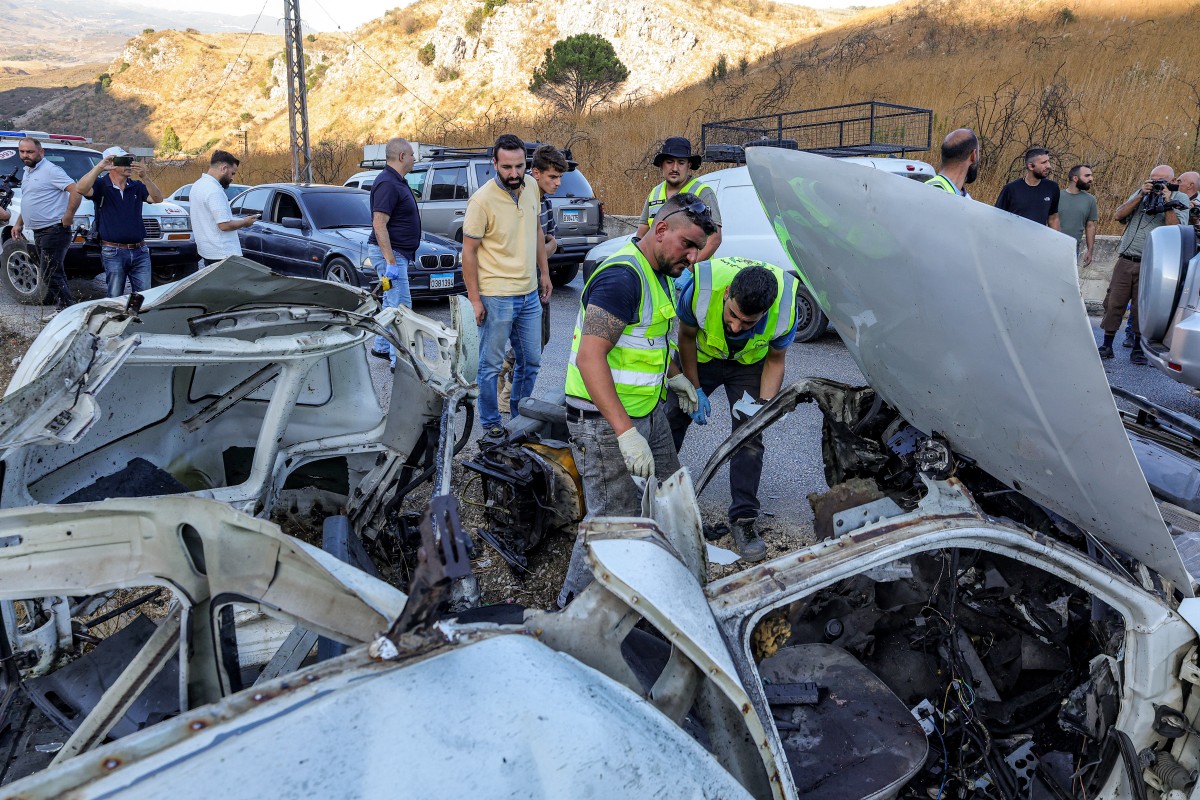Jerusalem, Undefined – Prime Minister Benjamin Netanyahu said Sunday that Israel’s war with Lebanese militant group Hezbollah had created the possibility for peace with neighbouring Lebanon and Syria.
“Our victories in Lebanon against Hezbollah have opened a window for a possibility that was not even imagined before our recent operations and actions: the possibility of peace with our northern neighbours,” Netanyahu told the cabinet.
“We are conducting talks with the Syrians — there is some progress, but it is still a long way off,” he added.
Since Assad’s fall at the hands of an Islamist-led coalition in December, Israel has deployed troops in a UN-patrolled buffer zone that separates the countries’ forces and has launched hundreds of strikes in Syria. Damascus has not retaliated.
Last week, Syrian President Ahmed al-Sharaa said his country was negotiating an agreement that would see Israel leave the areas it has occupied in recent months.
Israel has demanded a demilitarised zone in southern Syria, and an official with the Syrian military recently told AFP it had withdrawn all heavy weaponry from the area.
The United States has been pushing the two countries to reach an agreement to formally halt hostilities.
Washington has also played a role in pressing Lebanon to disarm Hezbollah, the only group to keep its weapons after the country’s 1975-1990 civil war — doing so in the name of resistance against Israel.
In August, Beirut ordered its military to draw up disarmament plans which its cabinet said the army would begin implementing.
Lebanon’s Foreign Minister Youssef Raggi said earlier in September that the army would start by fully disarming Hezbollah near the border with Israel within three months, then turn its focus to other areas.
Since November’s ceasefire, Israel has maintained troops in five areas of south Lebanon it deems strategic.








